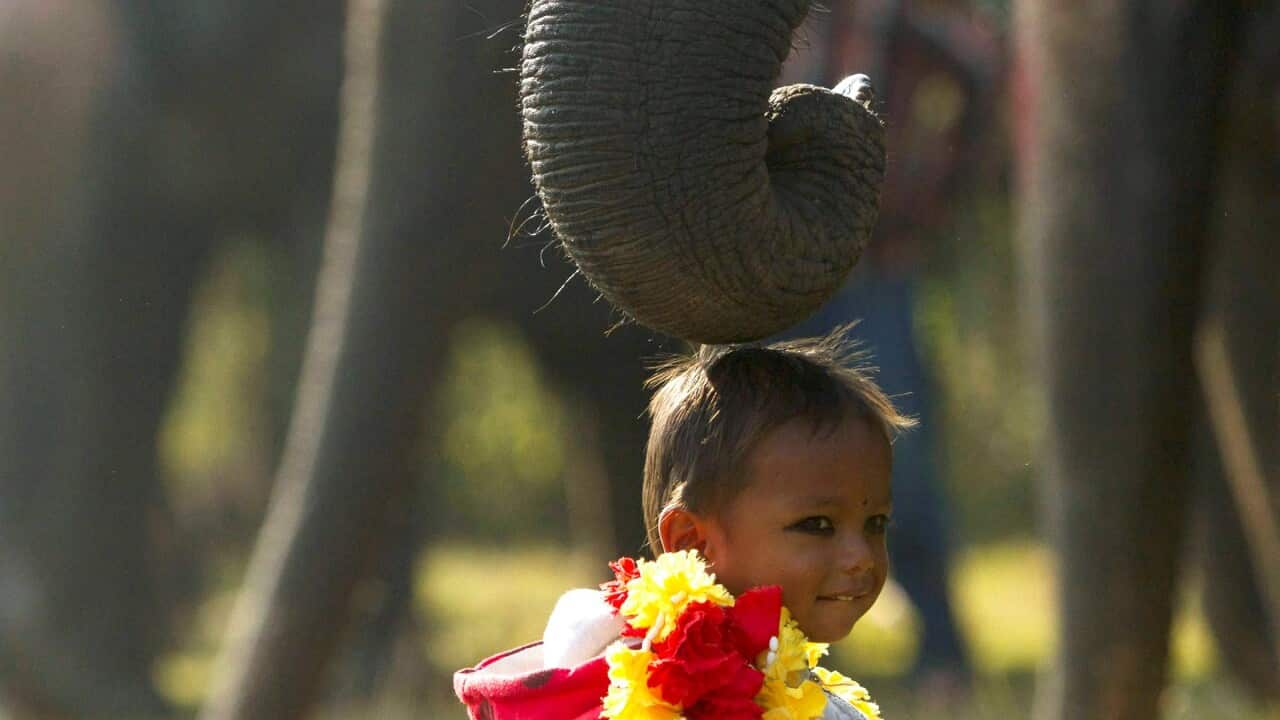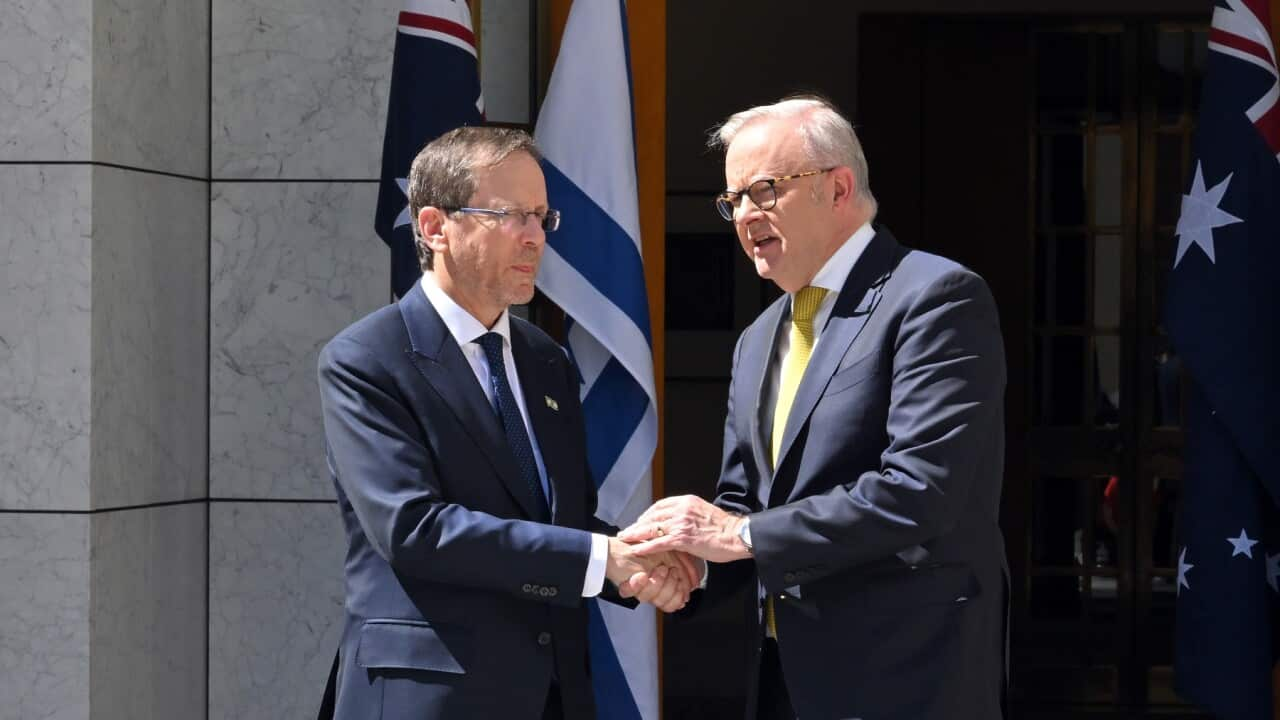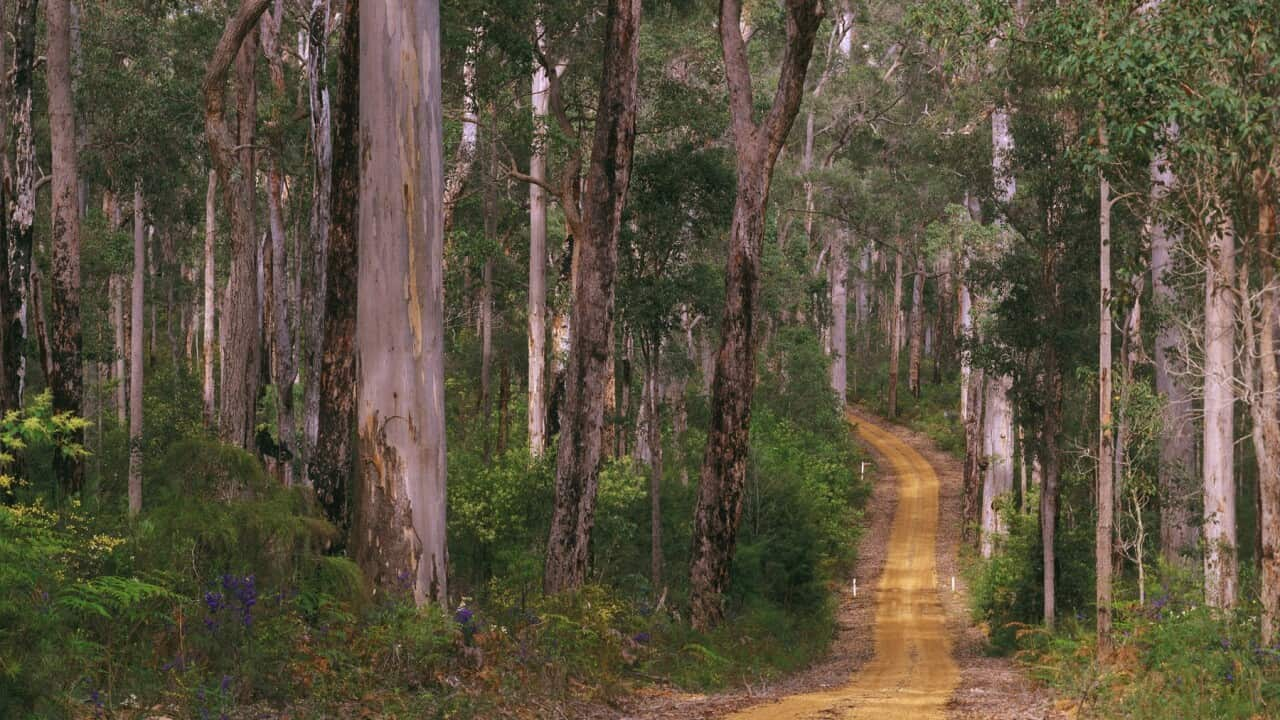A year on from the day same sex marriage was legalised in Australia, this very important milestone for the gay community is keenly felt by Vittorio Perri.
“I've been with my partner for almost 30 years so we don't really care about getting married now," says Perri. "But I want to have the right to get married. That is the most important thing because we are equal. Now parents can't say that you can't get married because you're gay."
Although the majority of the Australian population responded positively to same-sex marriage in the mail plebiscite, the 'no' reponse was also heard loud and clear, especially from more recently arrived migrant communities. That result does not shock Perri, who instead remembers being much more surprised by the 'yes' winning, perhaps due to his own experience.
"Now parents can't say that you can't get married because you're gay."
Born and raised in Australia by Italian parents, who emigrated from Calabria in the 1950s, Perri grew up in a very traditional family. He had to hide his gay identity from the point that he began to explore his sexuality.
Being openly gay in the Italian community was a taboo in the 90s, says Perri.
"I couldn't talk to my parent about my sexuality. They wouldn't understand the concept of it. My parents grew up in a small village in Calabria. They left school very early so... I just never told them, I didn't want to upset them"
Perri says the taboo was why he never participated much in activities organised by the Italians of Australia. He had his secret to keep, and a sexual identity that was shunned within his own community.
"There are no gays or lesbians in the Italian community," was a common refrain within the community, says Perri. But he knew it was not the truth. Like him, many people of his generation had to hide their identity because of the weight of the tradition and religion, especially those coming from strongly Christian backgrounds, such as those hailing from Malta, Greece or South American nations.
The problem was and remains complex. The dynamics, as told by Perri, are similar today among new migrant communities, including those from African nations, India or Pakistan. In many cases the young people of these communities, just as happened to Perri when he was young, cannot openly express their sexual identity.
Thus, says Perri, “the legalization of gay marriage in Australia has a significance much deeper than what it appears.”
It goes much further than the legal implications of the matter and has a symbolic value through which people can affirm their sexual identities: "The word marriage has a strong and powerful meaning," says Perri. "For me it is more important for the youth, because if they want they have the option to get married."
"The word marriage has a strong and powerful meaning,"
Perri's sexuality was his great secret for many years, but it was also in that secrecy that the South European Gay Group was born in Melbourne in the 90s.
"I was often with my friends in the pub and, you know, beer after beer you chat and we found out we were living very similar experiences at home and with family because of our gay identity," Perri says. "They were the only people that could understand me. Not even my Australian gay friends could understand me as they did."
Perri and his friends from the South European Gay Group met once a month to “have a chat, to talk about issues and exchange experiences”.
A new Italian community was emerging, made up of young gay Italians that the rest of the community did not want to see.
"Australian friends could not understand the situation we were going through. It was easier for them to speak about sexuality with Anglo parents because they were more into social issues... We also had the weight of religion, when Australia is a secular state."
Perri's gay identity conflicted with his Italian one, at least until he was 18, when he visited Italy with his father for the first time and saw a greater diversity, and willingness to accept diversity than in the smaller community he had grown up in.
"When I was a child I wanted to be integrated in the Australian society, and when my parents used to tell me, ‘remember that you’re Italian.’ I used to say, ‘no, I’m Australian. I’m a different person. I’m not Italian,’ and then the first time I went to Italy I changed my mind and I became proud of being Italian.”
To date, same-sex marriage is allowed in 26 countries. In Italy, Slovenia, Croatia, Greece and Switzerland, same-sex couples can access civil unions, while in Israel and in the Caribbean nations of Aruba, Curaçao and Saint Maarten, gay couples can’t access marriage, but same-sex unions are legally recognised.
This interview with Vittorio Perri was recorded during a conference about the multicultural LGBTIQ+ community in Melbourne on September 2018, where an anthology, Living and loving in diversity: Australian multicultural queer adventures curated by Dr. Maria Pallotta Chiarolli, was presented.
The event was attended by prominent figures such as singer Paul Capsis, artist Mama Alto, writer and author Benjamin Law and Helen Kapalos, Chairperson of the Victorian Multicultural Commission, as well Victorian Minister for Multicultural Affairs Robin Scott.
To learn more about the conference visit www.agmc.com.au




